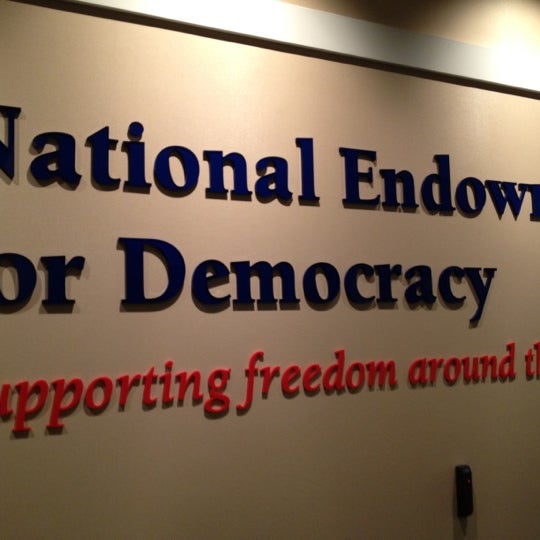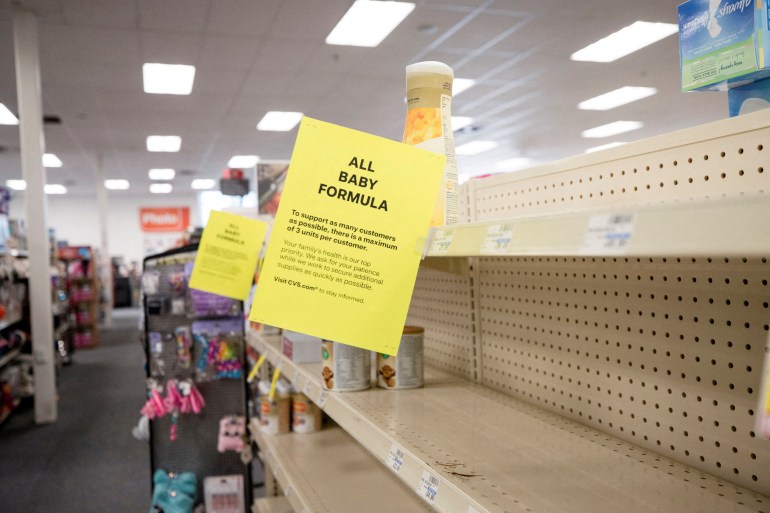The US and Europe Should Tighten Embargo on Russian Oil Products
The embargo on Russian petroleum products is only natural. All the developed nations must match these sanctions and firmly confront Russia. Governments should act quickly to supply alternative resources and mitigate the impact of the oil embargo on domestic markets.
Russian products make up about 4% of Japan’s oil imports, but Japanese Prime Minister Fumio Kishida and Japanese Minister of Economy, Trade and Industry Koichi Hagiuda have reacted cautiously to the embargo so far. The U.S. and the EU declared bans on importation successively, and are steadily adjusting their policies.
Japan’s presence is not insignificant with respect to international politics and economics. Instead of following the West, Japan should oppose Russia and take action more independently.
Liquefied natural gas from the Sakhalin-2 project, in which Mitsui & Co. and the Mitsubishi Corporation have interests, accounts for about 9% of Japan’s imports. Kishida said he intended to preserve these interests, but it is unacceptable for Japan to pay for Russia’s war through energy imports. Japan should suspend LNG imports and enhance the efficacy of sanctions on Russia.
In a joint declaration, the G-7 nations agreed to ensure there is time to search for new energy supplies, a response that means the actual embargo will be implemented gradually.
After participating in an online leadership summit meeting, Kishida explained that “[in regard to the energy embargo] it's a very difficult decision. But G-7 coordination is most important at a time like now,” and asked for the public’s understanding. He stated, "As for the timing of the reduction or stoppage of (Russian) oil imports, we will consider it while gauging the actual situation."


